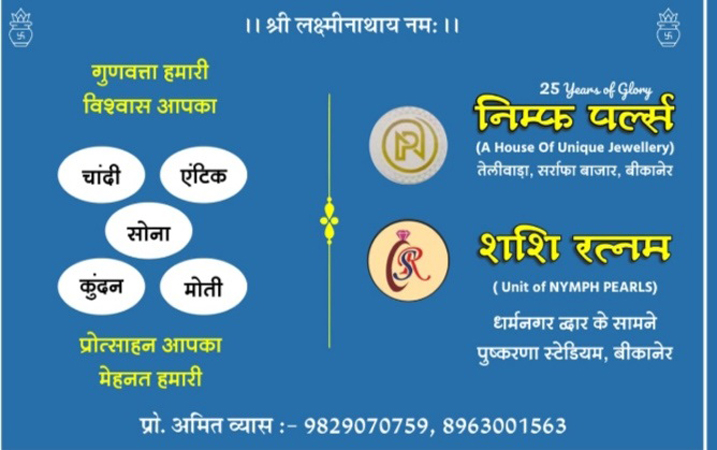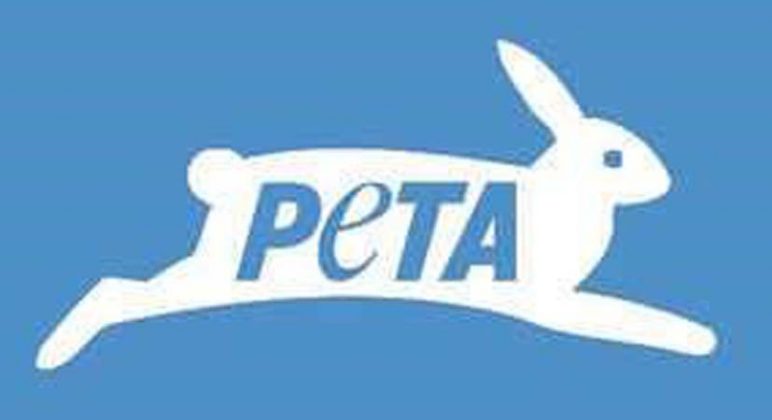








New Delhi – With support from People for the Ethical Treatment of Animals (PETA) India, the Department of Chemicals and Petrochemicals,
Ministry of Chemicals and Fertilizers, has circulated its updated draft of Chemicals (Management and Safety) Rules, 20xx, with its stakeholders. The latest
now includes provisions to minimise testing on animals, that when passed, would save the lives of many animals, but there is still more to be done.
As the only animal protection group to participate in the stakeholder consultation meeting held on 11 May 2020 to finalise the draft Rules, PETA India made many recommendations for using reliable and relevant non-animal testing approaches
that protect human health and the environment which have been adopted in the draft Rules. To avoid repeat testing, the draft Rules require that existing scientific evidence be considered prior to conducting any new tests and data submitted for the registration
of substances in foreign jurisdictions will also be accepted by the Chemical Regulatory Division. Furthermore, the Organisation for Economic Cooperation and Development (OECD) adopted non-animal methods must be used to derive the required data, wherever possible,
with tests on vertebrate animals being undertaken only as a last resort, as proposed by PETA India. The person registering a substance will also be required to propose a testing strategy for approval by the Division prior to conducting any new tests.
The draft Rules, which will supersede two existing sets of Rules – the Manufacture, Storage and Import of Hazardous Chemical Rules, 1989, and the Chemical Accidents
(Emergency Planning, Preparedness and Response) Rules, 1996 – describe a multifaceted programme for identifying and managing the risks associated with the use of chemicals imported to or manufactured in India.
“We appreciate the government’s step towards modernising the regulatory framework for chemicals, and there are ample opportunities to further minimise tests on animals,” says PETA India Research Associate Dr Ankita Pandey. “The new Rules,
once implemented with PETA India’s recommendations, will save animals from being poisoned and killed in unreliable tests, and PETA India will continue to work with the Ministry to ensure that the chemicals legislation of the country is the most scientifically
advanced in the world and that non-animal testing approaches are used wherever possible.”
As proposed by PETA India, there are further opportunities to minimise tests on animals such as by implementing a “one-substance, one-registration” rule which would mandate data sharing between multiple people registering the same substance
thus ensuring that there’s no duplication of tests using animals, if required, for the registration. Establishment of a Non-animal methods Unit in addition to the many other units under the Rules to provide scientific support to the Division by regularly providing
updates about the availability of OECD valid non-animal methods, and reviews of technical dossiers and testing proposals would also help to ensure that tests on animals are only considered as a last resort.
Every year in India, many animals are killed in an attempt to establish the safety of chemicals to human health and the environment. In these tests, animals may be forced to consume food
or water laced with a chemical, have the chemical pumped into their stomachs, or be forced to inhale the chemical before being killed. PETA India will continue working with the government to replace the use of all animals in regulatory testing with more relevant non-animal approaches.
















